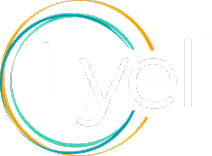A Trial for People with Aggressive B-Cell Non-Hodgkin Lymphoma
About the PiNACLE Trial
The PiNACLE trial is testing a CAR T-cell therapy called rondecabtagene autoleucel (ronde-cel), also known as LYL314. This investigational therapy is made from your own white blood cells. The cells are collected, modified in a lab to better find and kill cancer cells, and then returned to you through an IV infusion.
The PiNACLE trial aims to:
- Learn how well ronde-cel works against lymphoma.
- Understand its safety in people with lymphoma.
Who Can Join?
You may be able to join if you:
- Are 18 years or older.
- Have been diagnosed with aggressive B-cell non-Hodgkin lymphoma, such as diffuse large B-cell lymphoma, transformed follicular lymphoma, or primary mediastinal large B-cell lymphoma.
- Have received prior treatment including an anti-CD20 antibody (like rituximab) and chemotherapy.
- Have lymphoma that has returned or not responded to treatment.
Other medical requirements apply. A trial doctor will confirm whether you qualify.
Where are the Trial Locations?
The PiNACLE trial is enrolling at sites across the United States. You can view a current list of open locations on ClinicalTrials.gov.
What Should I Expect During the Trial?
If you qualify and decide to participate, your PiNACLE trial journey would include:


FAQ
What is a clinical trial?
A research trial to test if a new drug is safe and effective.
![]()
What is CAR T-cell therapy?
CAR T-cell therapy is a way to treat some kinds of cancer using a person’s own white blood cells. These cells, called T cells, are modified so they can better find and kill cancer cells.
![]()
What is ronde-cel?
Ronde-cel (short for rondecabtagene autoleucel), also known as LYL314, is an investigational CAR T-cell therapy being studied in PiNACLE.
![]()
Has ronde-cel been given to people before?
Yes. More than 50 people have received ronde-cel in earlier studies. Based on these early data, the PiNACLE trial was launched to further evaluate ronde-cel for potential approval.
![]()
Will it cost me anything?
The trial drug and trial-related care will be provided at no cost. Routine medical care outside the trial may still be billed to you or your insurance. In addition, you may be eligible to have travel, lodging, and other expenses covered while you’re in the trial.
![]()
How long will I have follow-up visits?
You’ll be followed closely for about 2 years, then yearly up to 15 years, giving you continued support from your trial team.
![]()
Can I stop if I change my mind?
Yes. Participation is always voluntary. You may leave the trial at any time.

